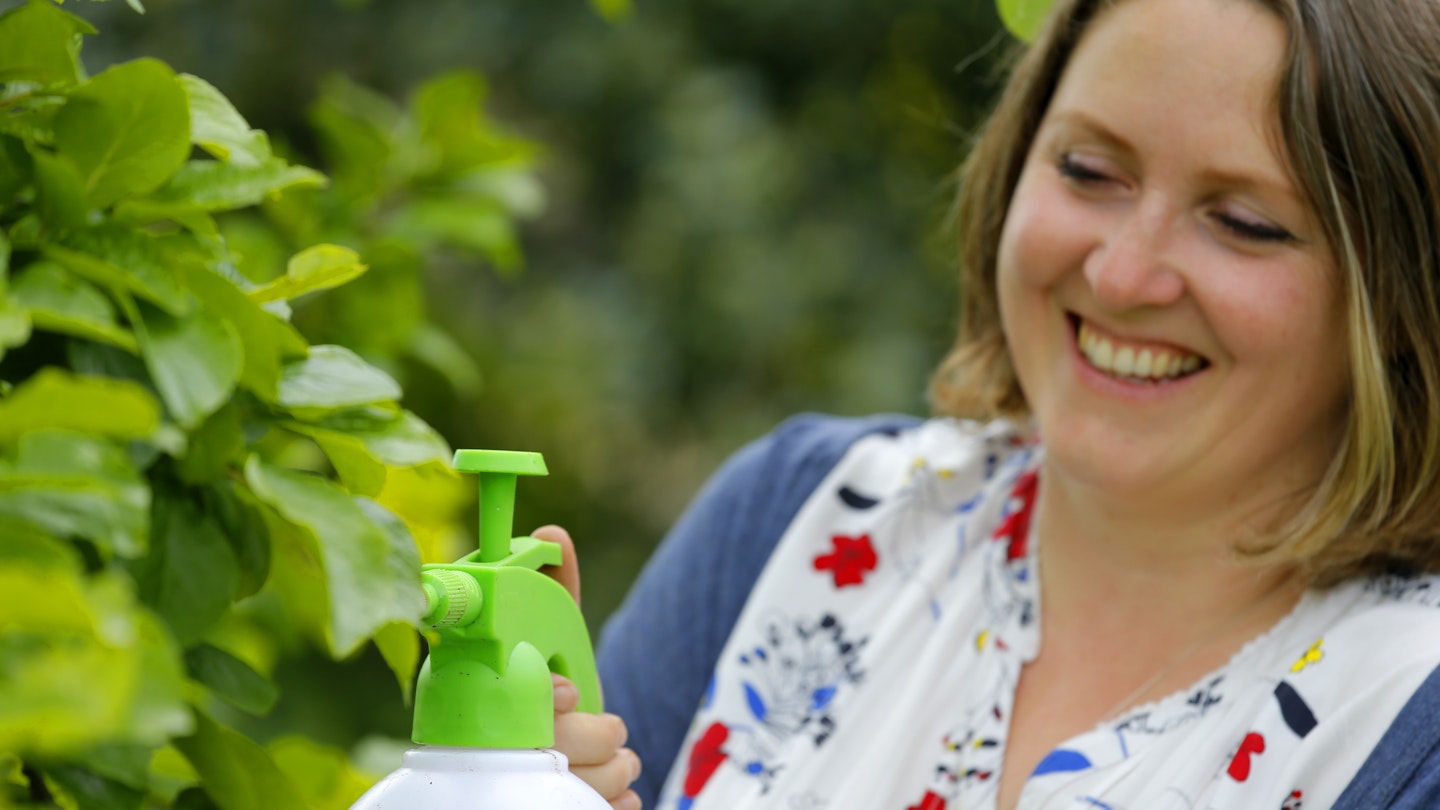June is one of the best gardening months as summer is in full sway and roses are at their best.
But at this time of year garden pests, especially aphids, begin to be more noticeable.
What are aphids?
There are many species of aphid, many known as black fly or greenfly, but all are tiny sap sucking insects with rounded brown-green bodies.
At best, they are a valuable part of the food chain and a source of food for birds, but they can also damage plants, causing leaf distortion and stunted growth.
Their sticky excretions of honeydew can cause black mould to form on plants and even worse, it also attracts wasps, which feed on it as a source of sugar. Big colonies clustered on leaf and flower buds can also look simply awful.
Most plants are susceptible to their damage, but roses often look badly affected, and prunus tree species can be attached by plum aphids, which causes severe leaf distortion.
Aphid control
If you understand the lifecycle of aphids you can deal with them more effectively. They hatch from overwintered eggs in spring, which have normally been laid on an overwintering shrub or tree (known as the host species), and through spring and early summer the wingless insects suck sap from young tender leaves and stems.
As the weather warms up, and the host species produces tougher stems, winged versions develop, which move to more hospitable plants – usually herbaceous perennials and roses.
This can happen again if plants become overcrowded with aphids, and will happen for a final time when the females move back to lay eggs on their host plants in late summer and autumn.
The key is to catch infestations before they reach their winged stage, to prevent their spread as much as possible.
Aphid spray
If you are going to use a spray, do it as early in the growing season as possible. Insecticidal winter washes are a good way to take care of overwintering eggs on their favoured fruit trees too.
There are many synthetic pesticide sprays, or ones made from natural compounds, but they only work if the plant is small enough for you to be able to spray the entire thing.
They are also not very effective against aphids that curl and distort leaves, where colonies can shelter inside, unless you cut off these leaves or use a systemic action pesticide (such as Bug Clear Ultra and Rose Clear Ultra), which is absorbed into plant tissue and poisons the aphids through their food.
If you want a more natural approach, encourage birds into your garden, and create plenty of hiding places for aphid predating insects such as ladybird and lacewing larvae – a bug hotel will help.
